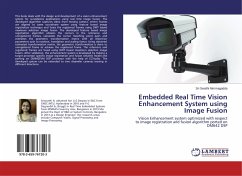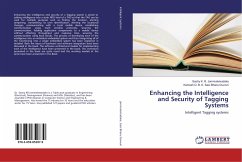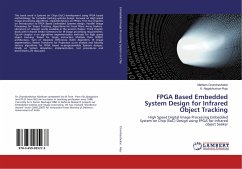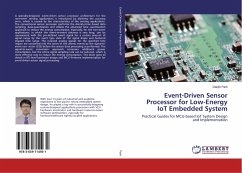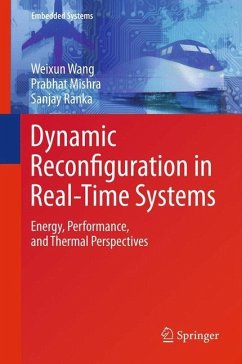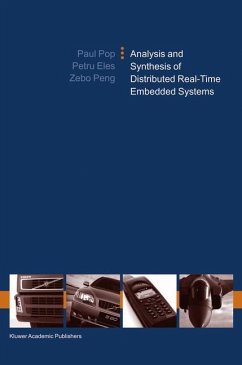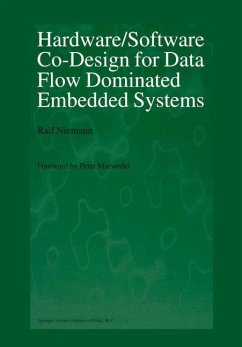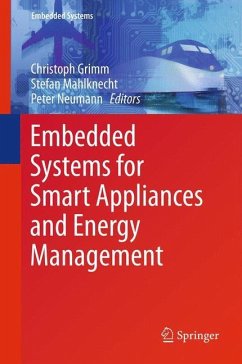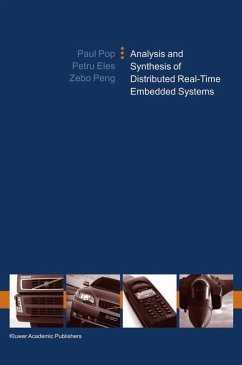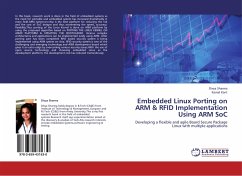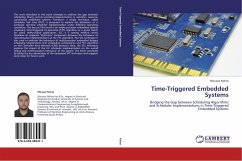
Time-Triggered Embedded Systems
Bridging the Gap between Scheduling Algorithms and Scheduler Implementations in Time-Triggered Embedded Systems
Versandkostenfrei!
Versandfertig in 6-10 Tagen
62,99 €
inkl. MwSt.

PAYBACK Punkte
31 °P sammeln!
The work described in this book attempts to address the gap between scheduling theory and its practical implementation in real-time, resource-constrained embedded systems. Therefore, a simple technique, called Scheduler Test Case (STC), is proposed to explore the behaviour of a particular real-time scheduler implementation under different operating conditions. The focus of this work is on single-processor embedded systems employing Time-Triggered Co-operative (TTC) algorithm as a good match for many safety-critical applications. STC is a testing method which facilitates an empirical black-box ...
The work described in this book attempts to address the gap between scheduling theory and its practical implementation in real-time, resource-constrained embedded systems. Therefore, a simple technique, called Scheduler Test Case (STC), is proposed to explore the behaviour of a particular real-time scheduler implementation under different operating conditions. The focus of this work is on single-processor embedded systems employing Time-Triggered Co-operative (TTC) algorithm as a good match for many safety-critical applications. STC is a testing method which facilitates an empirical black-box comparison between the behaviour of representative implementations of the TTC algorithm. The STC technique is also used to evaluate the behaviour of multi-processor embedded designs employing Shared-Clock (S-C) scheduling architectures and TTC algorithm on the Controller Area Network (CAN) protocol. Here, the STC technique explores the impact of the S-C scheduler implementation on the overall timing and communication behaviour of the system. The book concludes by listing the key advantages of the developed STC technique and suggests some ideas for future work.





